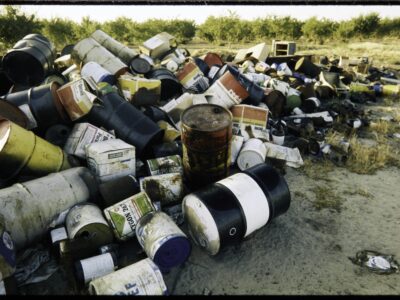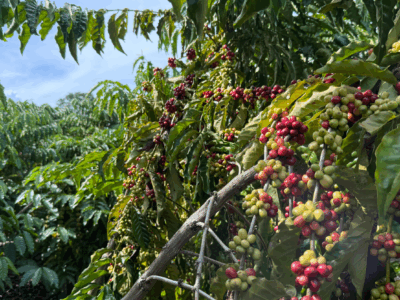The (Environmental) Wealth of Nations
Costa Rica is taking seriously the idea that national wealth does not solely consist of physical or financial assets but also of environmental goods and natural resources. As Thomas Friedman explained in yesterday’s column:
“More than any nation I’ve ever visited, Costa Rica is insisting that economic growth and environmentalism work together. It has created a holistic strategy to think about growth, one that demands that everything gets counted. So if a chemical factory sells tons of fertilizer but pollutes a river – or a farm sells bananas but destroys a carbon-absorbing and species-preserving forest – this is not honest growth. You have to pay for using nature. It is called “payment for environmental services” – nobody gets to treat climate, water, coral, fish and forests as free anymore.”
Including environmental assets in the national accounting clearly isn’t straightforward, since the value of environmental assets isn’t easy to calculate. But the conventional approach to national accounts essentially sets this value at zero. Just because we don’t know a number precisely doesn’t mean that zero is the right answer.
Costa Rica has also implemented this insight administratively. To quote Friedman again:
[W]hen Costa Rica put one minister in charge of energy and environment, “it created a very different way of thinking about how to solve problems,” said Rodríguez, now a regional vice president for Conservation International. “The environment sector was able to influence the energy choices by saying: ‘Look, if you want cheap energy, the cheapest energy in the long-run is renewable energy. So let’s not think just about the next six months; let’s think out 25 years.’ ”
Implementing a similar administrative merger would be a lot toughter in the much larger government in the U.S. But at least we could think about unifying oversight. As a simple step forward, we might consider revamping OMB into OMBS — the Office of Management, Budget, and Sustainability.
Reader Comments
One Reply to “The (Environmental) Wealth of Nations”
Comments are closed.







The Costa Rican approach is promising in many ways. It also may merit careful reflection. As I understand it, Costa Rica is striving to become “carbon neutral” largely by trying to repair previous environmental damage — replanting trees that should not have been cut down in the first place. The new trees will create carbon offsets that can be matched up with some future polluting activity. Thus, much of the environmental benefit that would otherwise result from reforestation will be “neutralized” by allowing someone else to pollute. It is great that forests might be re-established and, of course, creating a revenue stream to support that effort through offset markets is the whole point. But it does leave me with a lingering concern — that what we really need to do is both repair earlier environmental damage AND reduce future carbon emissions. Trading off one against the other might not get us where we need to go.